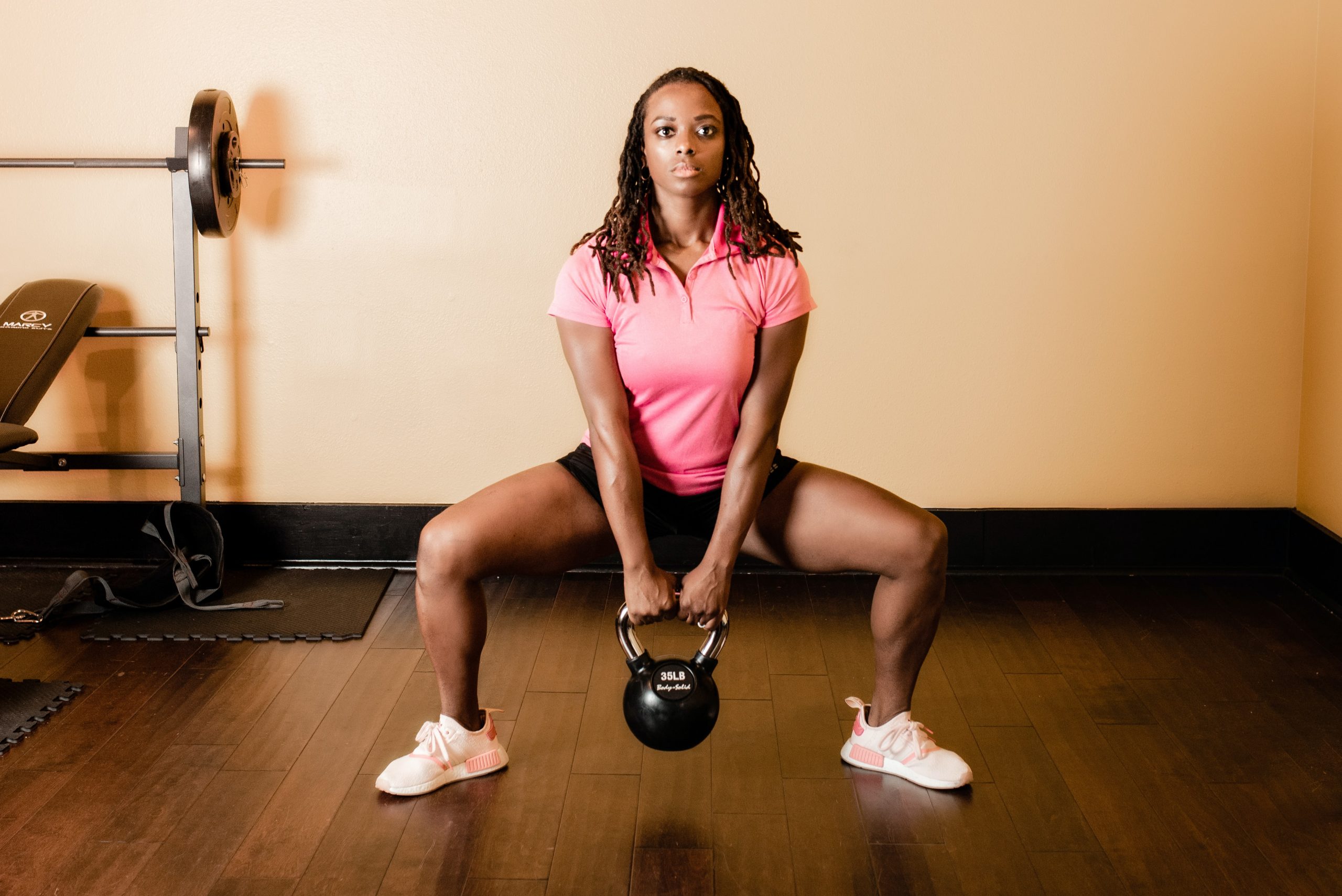Sleep is often overlooked as a key factor in athletic performance. Athletes tend to focus on their training regimens, diets, and supplements, but neglect the importance of getting enough sleep. However, research has shown that sleep is crucial for physical and mental performance, and can be considered the ultimate performance-enhancing drug for athletes.
One study conducted by the Stanford Sleep Disorders Clinic and Research Laboratory found that basketball players who slept for 10 hours a night improved their free throw and three-point shooting accuracy by 9% and their sprint time by 0.7 seconds. Another study published in the Journal of Sports Sciences found that rugby players who slept for an extra hour each night for a week showed significant improvements in their sprint times and reaction times.
But why does sleep have such a significant impact on athletic performance? One reason is that during sleep, the body repairs and regenerates tissues and muscles that have been damaged during exercise. This means that athletes who get enough sleep are more likely to recover faster and perform better during their next training session or competition.
Sleep also plays a crucial role in cognitive function, which is important for athletes who need to make split-second decisions during a game or race. Lack of sleep can impair reaction times, decision-making abilities, and focus, all of which can negatively impact athletic performance.
In addition, sleep is essential for hormone regulation, particularly for the hormone cortisol, which is released during times of stress. Adequate sleep can help keep cortisol levels in check, which can prevent overtraining, reduce the risk of injury, and improve overall athletic performance.
Given the importance of sleep for athletic performance, it’s crucial that athletes prioritize getting enough sleep each night. This may require adjusting training schedules, creating a sleep-friendly environment, and adopting healthy sleep habits such as avoiding caffeine and electronics before bedtime.
In conclusion, sleep should be considered the ultimate performance-enhancing drug for athletes. Getting enough sleep can improve physical performance, cognitive function, and hormone regulation, all of which are crucial for success in sports. As such, athletes should prioritize getting enough sleep to optimize their performance on the field or court.









